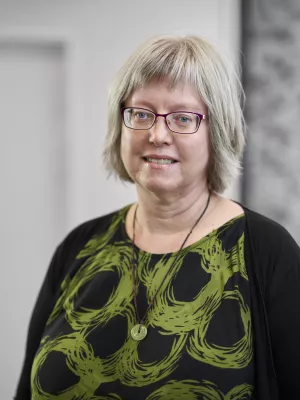
Marina Svensson
Professor

Mediated visions: IT entrepreneurs and internet visions in China
Author
Summary, in English
Department/s
- Centre for East and South-East Asian Studies, Lund University
Publishing year
2017
Language
English
Links
Document type
Conference paper: abstract
Topic
- Human Aspects of ICT
- Media and Communications
- Social Sciences Interdisciplinary
Keywords
- China
- ICT and politics
- IT strategies
- Asian studies
Conference name
Digital Culture and Society: International Conference on Chinese and European Developments
Conference date
2017-10-19 - 2017-10-20
Conference place
Shanghai, China
Status
Published
Project
- Digital China

